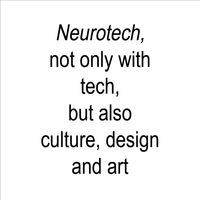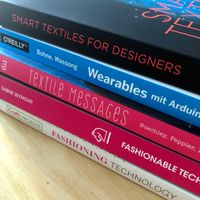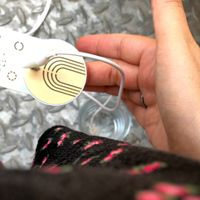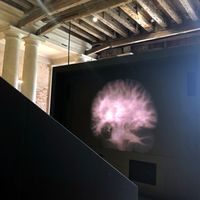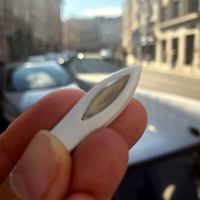For a long time, I observed developments in neuroscience from publications. Then, the first tools became available for personal use. As a trained cultural scientist and industrial designer I started an Instagram blog to document how I am gradually entering the rapidly developing world of neurotechnology.
Over the years, the focus keeps changing. Sometimes I test tools, then I read more or attend several events in a row. To this day, I am still waiting to see someone wearing a brain-sensing headset on the streets or in the parks of Berlin. To my astonishment, this has not yet happened. However, the trend towards health apps is of course clearly visible, one just has to look at joggers. Additionally, the topic is increasingly being taken up in the art world, for example in the "Human Brains" dialogue series by Fondazione Prada in Milan / Venice, the exhibition "The Brain / In Art and Science" by the Kunsthalle Bonn with Charité Berlin, or the concert series "Mind the Music – A Date with Your Brain" by Brainlab Munich and the Bavarian State Opera.
Neuro data ethics are particularly important to me. If I had the choice, I would like to exclusively own all my raw data and understand how it is interpreted by apps. If I feel like sharing it for databases, researches and other purposes, I prefer to authorise it case by case. Some manufacturers and developers take special care to ensure that data is secure and private, for example OpenBCI, Neurosity and Mind Monitor. Nita Farahani examines market developments from a legal perspective in the book "The Battle for Your Brain".
I have purchased the mentioned products, books and entry tickets myself . In many cases, the tools have been with me for a long time.
